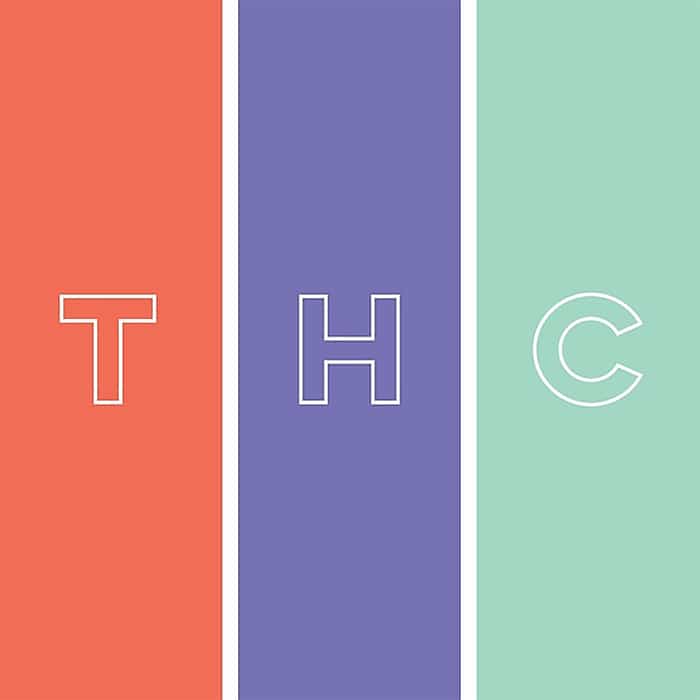Sep 28, 2019
What the Heck is THC?

Updated: Oct 17, 2019
THC, aka Tetrahydrocannabinol, is one of at least 113 cannabinoids identified in cannabis, but it happens to be the most popular. THC is probably the most popular because it is the principal psychoactive constituent of cannabis, and it is the chemical compound in cannabis responsible for a euphoric high.
Now that we have a simple understanding let’s dig a little deeper into what THC is and how it works.
IF THC IS A CANNABINOID… WHAT IS A CANNABINOID?
The first step to understanding THC is to understand cannabinoids. Cannabinoids are chemical compounds found in the cannabis plant that interact with receptors in the brain and body to create various effects. There are potentially more than 113 cannabinoids in the cannabis plant. But as went already went over, THC is most widely known due to its abundance and euphoric attributes.
HOW WAS THC AND CANNABINOIDS DISCOVERED?
The isolation of THC came from an Israeli chemist by the name of Raphael Mechoulam. In 1964, Mechoulam isolated and synthesized THC from Lebanese hashish. And this isolation marked the beginning of cannabis research that would lead to monumental discoveries.
The research includes the discovery of:
Many other cannabinoidsCannabinoid receptors throughout the bodyEndocannabinoids: the THC like compounds our body naturally produces to maintain stability and health.
WHY DOES CANNABIS PRODUCE CANNABINOIDS?
Well, cannabinoids are known as secondary metabolites, which means they are chemicals the plant produces that have no primary role in the plant’s development. However, it is believed that secondary metabolites act as an immune system for the plant, fending off predators, parasites, and pests.
So, how do cannabinoids affect humans?
Because humans (and many other animals) have receptor systems that THC binds to, we can also reap the benefits of cannabinoids for both health and enjoyment. This system, called the endocannabinoid system (or ECS), is a group of specialized signaling chemicals (think “keys”), their receptors (think “locks”), and the metabolic enzymes that produce and break them down. These endocannabinoid chemical signals act on some of the same brain and immune cell receptors (CB1 and CB2) that plant cannabinoids like cannabidiol (CBD) and Δ-tetrahydrocannabinol (THC) act on.
HOW DOES THC PRODUCE ITS EFFECTS AND GET US HIGH?
Simply put, THC works by binding to cannabinoid receptors concentrated in the brain and central nervous system to produce intoxicating effects.
WHAT TO EXPECT FROM A THC HIGH
THC has a wide range of short-term effects which may or may not be experienced depending on the individual. For example, while some may find that THC elicits strong feelings of calm and peace, others may notice an increase in their anxiety levels.
The difference can be as simple as one’s own body chemistry, but certain strains and varying concentrations of THC can also create different outcomes in how one feels.
Consider consulting a strain database OR a human budtender to find out what is best for you. Remember, it’s smart to “start low and go slow.” Consume a little at a time and wait to see how you feel.
